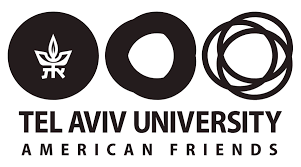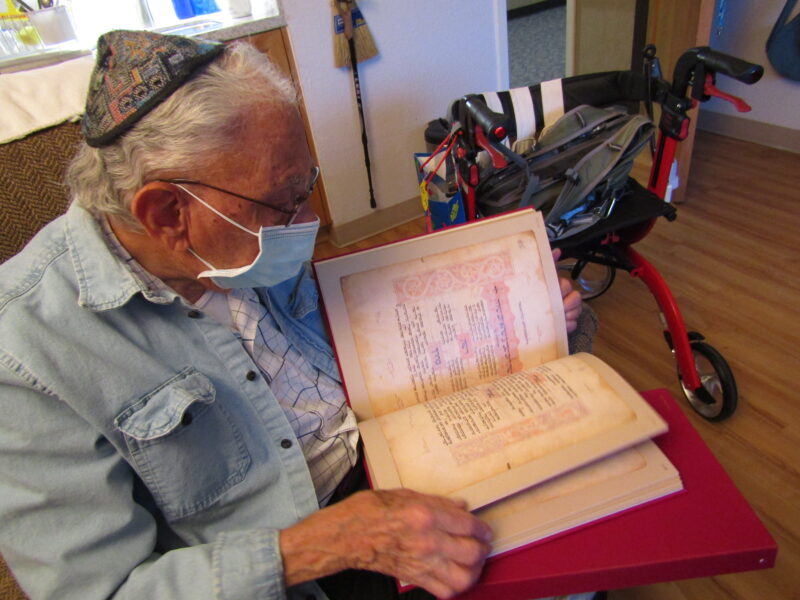By Martina Merashi
What is an Ethical Will?
In Jewish tradition, ethical wills included end-of-life planning items like burial preferences, last wishes, debts or obligations to be paid, and instructions for family members on carrying out religious traditions. For centuries, these tzava’ot documents have been the way Jewish seniors pass on their wisdom to loved ones before they die. These days, ethical wills have become less about instruction and more about crafting a legacy letter; imparting familial blessings, righting wrongs, sharing wisdom and reviewing one’s life stories. Furthermore, it is often easier for a person who is uncomfortable broaching certain memories or topics to leave those details in a letter for their families to be read after they’ve passed away.
Whereas legal wills deal with material assets and valuables, ethical wills deal with one’s mortality and values. Typically written as a letter to one’s children or grandchildren, they are an opportunity to reflect on one’s life, what has been most important to them, what they’ve learned, what they are sorry about, what their hopes are, what want their loved ones to know, etc.
Decide What You Want Your Ethical Will to Include
There is no specific template to be followed when it comes to ethical wills. Enjoy the freedom and flexibility to craft a letter that is as simple or elaborate as you want it to be. It doesn’t even have to be on paper. You could record your words with audio or video instead. Some people choose to approach their ethical will like writing a memoir or love letter, while others follow a basic Q&A worksheet. The most important thing is that the person creating their will gets to communicate the values, life lessons and experiences they want to pass on to future generations. To help you get started, you could include things like:
- Special memories of your past and present
- The best advice given to you or that you have to give
- Your proudest achievements and what you learned from them
- Your personal values and stories of how you’ve lived those out
- Reflections on loss or failure and how you grew from those experiences
- What you are most grateful for in life
- Hopes and wishes for your loved ones’ futures
- What beliefs are most important to you
- How you want to be remembered
- Any disputes you want to resolve, forgiveness you want to ask for
Writing about regrets or family secrets can bring about some level of peace and understanding for the family if worded thoughtfully and carefully. However, one should strongly avoid coming across as judging, critical, manipulating, blaming or saying, “I told you so.” buy prelone online
Have a Working Draft Started Early
It is best to start
Share it with Someone
Barry K. Baines, author of Ethical Wills: Putting Your Values on Paper, suggests that individuals should show their ethical will to a trusted friend or family member before passing it on. We might have unintentionally written more about one child than the other, came across as too judgemental in one part, or have forgotten to include an important experience. Getting a second pair of eyes on our writing can help us avoid these things and improve the depth and meaning of our legacy letter. Additionally, if you get stuck or are having trouble deciding what to include or how to format your ethical will, seeking the help of a counselor, rabbi, friend or professional writer can be hugely beneficial. A simple Google search will reveal that there are lots of books, workshops and articles on writing ethical wills. buy prevacid online






